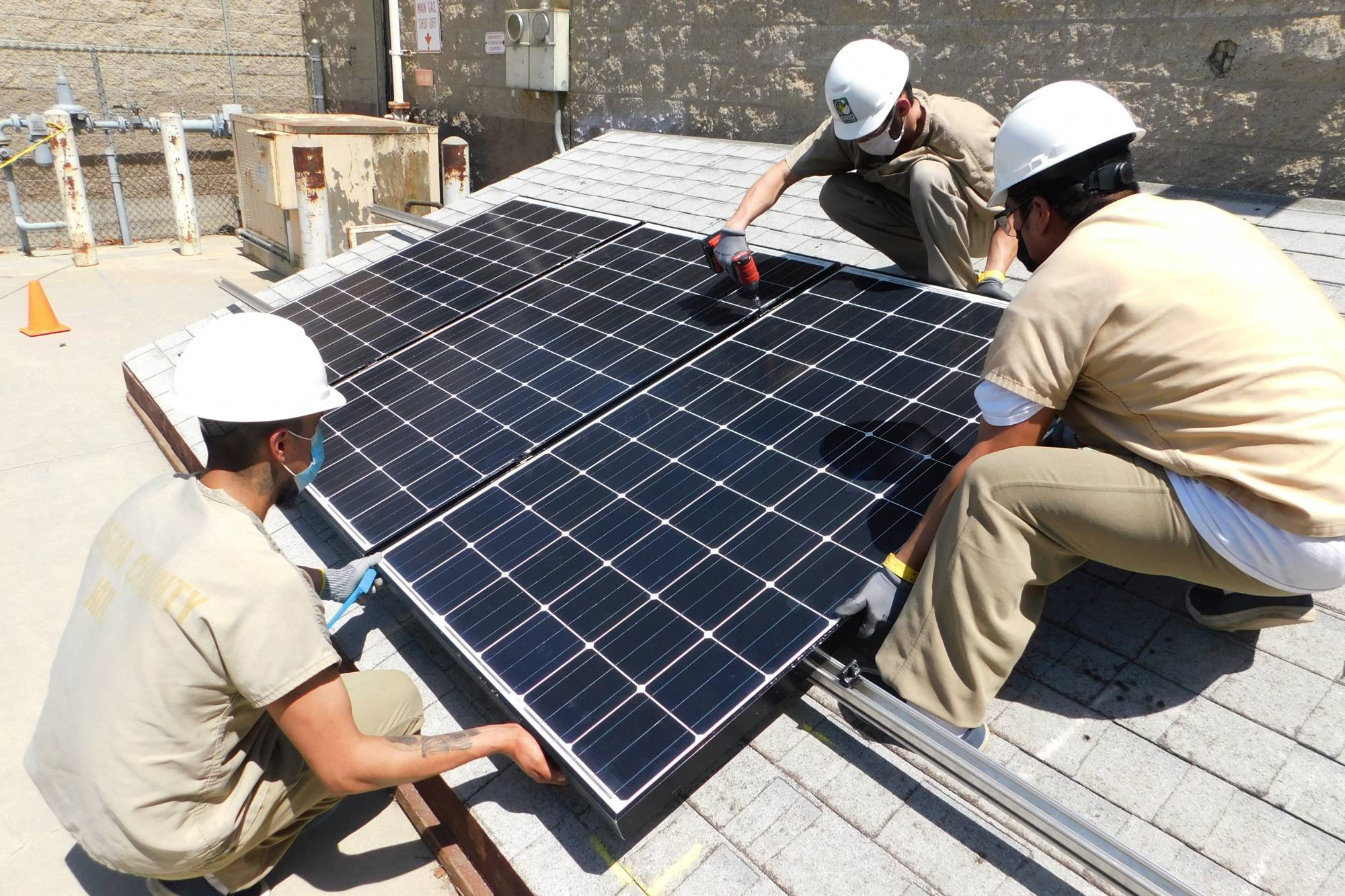U.S. clean energy companies are offering better wages and benefits, flying in trainers from overseas, and contemplating ideas like buying roofing and electric repair shops just to hire their workers as firms try to overcome a labor shortage that threatens to derail U.S. President Joe Biden's climate change agenda.
The Inflation Reduction Act, signed into law last year, provides for an estimated $370 billion in solar, wind and electric vehicle subsidies, according to the White House. Starting Jan. 1, American consumers can take advantage of those tax credits to upgrade home heating systems or put solar panels on their roofs. Those investments will create nearly 537,000 jobs a year for a decade, according to an analysis by BW Research commissioned by The Nature Conservancy.
But with the U.S. unemployment rate at a historic low of 3.5%, companies say they fear they will struggle to fill those jobs, and that plans to transition away from fossil fuels could stall out. Despite layoff announcements and signs of a slowdown elsewhere in the economy, the labor market for clean energy jobs remains tight.



















With your current subscription plan you can comment on stories. However, before writing your first comment, please create a display name in the Profile section of your subscriber account page.